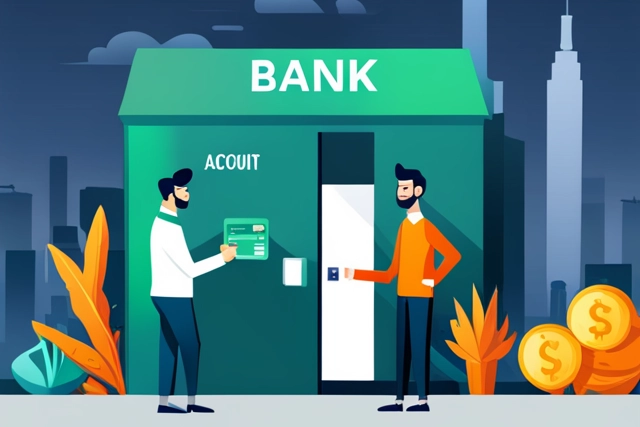A recent working paper by the South African Reserve Bank (SARB) sheds light on how agency banking could be a game-changer in the quest to enhance financial inclusion.
Authored by Lwanga Elizabeth Nanziri and Paul Terna Gbahabo, the study emphasises the critical role of agency banking in overcoming barriers to financial services, particularly for underserved populations.
Agency banking leverages partnerships between traditional financial institutions and non-financial outlets such as retail stores, supermarkets, and post offices to deliver banking services to the underserved.
In South Africa, this model is a preferred distribution channel after ATMs, with key players like Absa partnering with PEP stores, TymeBank collaborating with Pick n Pay, and Boxer joining forces with The Foschini Group.
Despite high account penetration rates, 80% of the adult population, South Africa still grapples with a financial inclusion gap. About 9% of the population remains unbanked or underbanked, while 33% of account holders use their accounts merely as mailboxes due to poverty, a preference for cash, and the high costs of savings accounts.
Unlocking the potential of agency banking
The SARB study reveals that agency banking has significantly boosted credit and savings penetration and increased banking transaction frequency. Nanziri and Gbahabo note:
“Our main empirical findings indicate a significant increase in credit and savings penetration and bank transaction frequency associated with the growing demand for agency banking in South Africa via cash-in-cash-out services.”
The typical user profile is a black South African with a matric-level education and a monthly income of R6,000 to R10,000 (US$300–500). By providing essential services like cash deposits, withdrawals, bill payments, and new account openings, agency banking reduces reliance on traditional bank branches and their associated costs.
The data also show that this individual is more likely to be a single female aged between 25 and 51, living in the
urban areas of Gauteng, North West, Mpumalanga, the Eastern Cape or KwaZuluNatal.
Policy recommendations for deeper financial inclusion
The study offers two key policy recommendations to maximize the impact of agency banking:
- Expanding licensed agent networks
Policymakers should promote the growth of licensed agent networks beyond conventional retail stores and supermarkets. This would bring banking services closer to underserved communities, leveraging proximity to overcome physical and logistical barriers. - Addressing demand barriers
Targeted interventions are needed to integrate financially excluded individuals into the mainstream system. By addressing factors like affordability and usability, more South Africans could be incentivised to adopt agency banking services.
Nanziri and Gbahabo emphasise the broader implications: “The implication for financial inclusion is that by using retail stores as agents, financial institutions extend their reach without the overhead costs of brick-and-mortar branches, making financial products more accessible and affordable, thereby promoting economic empowerment and stability among previously excluded groups.”
Incentivising savings and driving financial intermediation
The authors also highlight the potential for agency banking to incentivise savings.
By integrating savers into the banking sector, financial institutions could harness their funds for broader financial intermediation. This would align agency banking with national goals of economic growth and financial stability.
A roadmap to inclusive growth
Agency banking offers a practical and scalable solution for achieving financial inclusion in South Africa. By addressing the twin challenges of access and affordability, this model could empower millions of South Africans, fostering economic resilience and reducing inequality.
As the SARB study demonstrates, with the right policies in place, agency banking could light the way to a more inclusive financial future for South Africa.
For centuries, banks were built on paper trails and brick-and-mortar branches. However, long before smartphones, banks were already collaborating with fintechs to build innovative value propositions. In South Africa, this collaboration dates back to the late 90s when payment providers began integrating with banks to offer seamless card processing. Then came the internet, transforming banks from financial vaults into digital innovators—launching an era where your smartphone could be your bank which marked a significant shiftin the industry. As the growth of smartphones accelerated so did the adoption of digital banking. This in turn has paved the way for fintechs to rewrite the rules of finance.
The transformative force of open banking essentially levelled the industry’s playing field on a global scale by giving individuals and businesses control over their financial well-being. Within a few short years, open banking transactions reached over $57 billion dollars and estimates project an increase to $330 billion by 2027.
What started with open banking—connecting us to seamless financial experiences through mobile devices—is now evolving into something even more revolutionary: open finance. But is our country ready for it?


